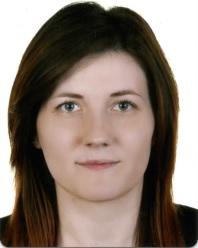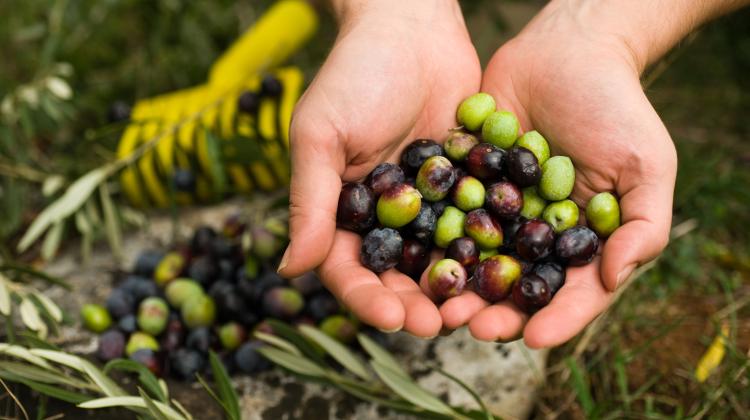Wed, 02/01/2023 - 09:35
Palm oil can be found in foods such as cakes and pastries, creams, ice cream, candy bars, popcorn, chips, frozen French fries, hamburger buns, ready-made pizza dough, margarines, powdered soups, cereals, infant formula and many others. It is also very widely used in the manufacture of cosmetics as an ingredient in body lotions, creams, conditioners shampoos, soaps, bath lotions, lipsticks or face primers. We may not always be aware that a food or cosmetic product contains palm oil, as manufacturers often do not indicate the exact origin of the raw material used and refer to it as 'vegetable oil'. For the sake of our health and the environment, we should limit our consumption and use of palm oil.











